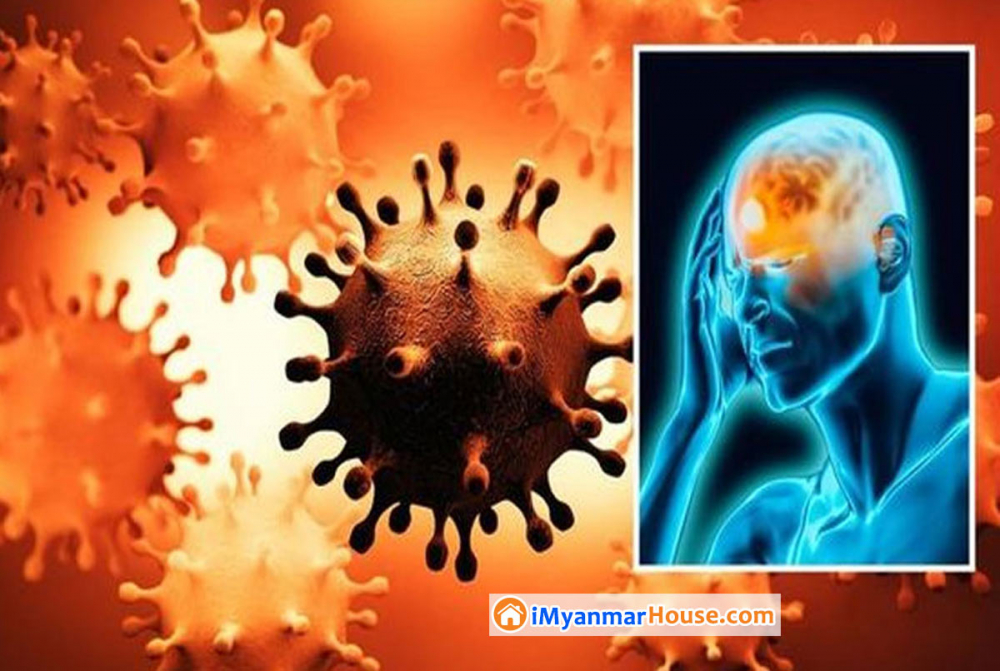
Foreign Property News | Posted by Shwe Zin Win
Headache certainly can be a symptom of COVID-19 – but also approximately eleven-million other health conditions. In fact, that’s the problem with trying to diagnose the novel coronavirus based on symptoms alone: no one symptom is definitive for COVID-19. That’s why only a COVID-19 test can say for certain if you’re infected.
The CDC now recognizes 11 symptoms of the novel coronavirus:
Fever or chills
Cough
Shortness of breath or difficulty breathing
Fatigue
Muscle or body aches
Headache
New loss of taste or smell
Sore throat
Congestion or runny nose
Nausea or vomiting
Diarrhea
But, again, the problem is that a great many conditions can cause similar symptoms. Influenza, for example, causes fever or chills, coughing, shortness of breath, fatigue, and body aches. So if you come down with those symptoms, should you assume it’s the flu and not COVID-19?
NO.
I would say quite the opposite, actually. It’s far wiser to behave as if you do, in fact, have COVID-19 than to assume otherwise. You shouldn’t panic, but you should take steps to preserve your own health and the health of others by:
Strictly isolating yourself from other people if you develop any of the symptoms on the list Calling your doctor’s office to report your symptoms and receive a referral for COVID-19 testing, if warranted Wearing a mask and maintaining physical distance from others if you must travel into a public setting for testing What if you only have a headache, though? Or you only have nausea or diarrhea? Should you assume that’s also caused by the coronavirus?
No. In that case, you can take a wait-and-see approach. A transient headache that clears up within an hour likely is not a symptom of COVID-19. A case of diarrhea by itself, with no other symptoms, likely can be attributed to something you ate or drank.
And if it does turn out to be COVID-19, then distancing yourself from others in your household may keep them from coming down with it, too.
Ref: webmd









